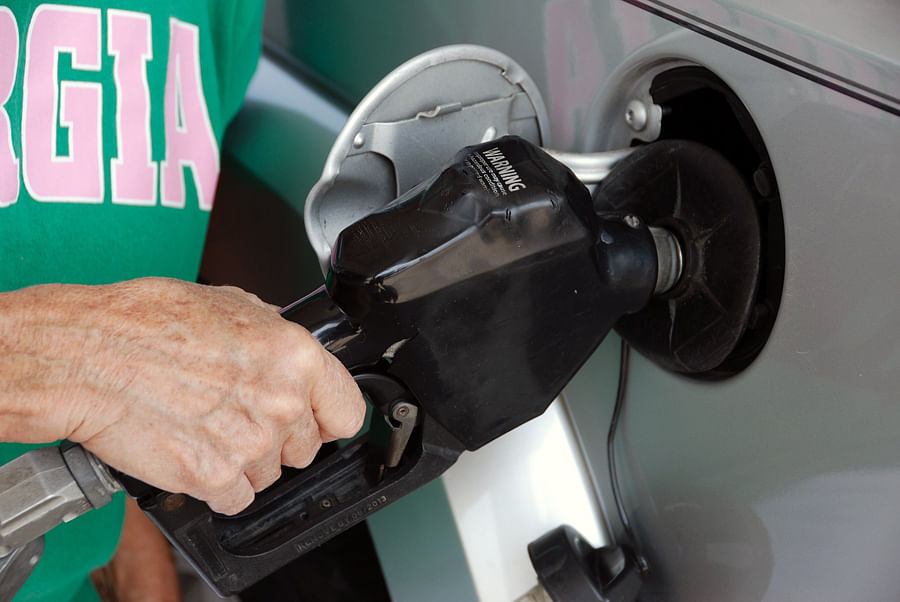Rising fuel prices can be merciless on the wallet. And big cities have become terribly crowded, meaning that crawling traffic results in more fuel being burned, fattening the monthly fuel bill. While we cannot do much about overcrowded roads, there are a few tips that can be followed to ensure fuel savings.
Sudden acceleration and braking
These are two ways fuel will burn up faster and should be completely avoided. Sudden acceleration requires more fuel because the engine has to put out more power and generate more torque.
Sudden braking means the driver has been accelerating almost until the time he or she needs to stop. Keeping the accelerator pedal pressed down longer will naturally burn more fuel.
Gradual acceleration and braking well in advance from where the driver wants to stop will save fuel.
Driving speed
Any bit of free road will tempt a car owner to go faster. But again, going faster will burn more fuel because studies show that driving at speeds above 60 Kmph increases wind resistance in case of cars.
If wind resistance increases, the engine has to work harder to maintain the speed. This causes more petrol or diesel to be used.
The ideal speed is between 45 and 55 Kmph. Tests have shown that mileage could be increased by as much as 40 per cent by maintaining this speed range rather than speeding at 80 Kmph.
While driving on the highway, it is recommended to power up the windows. Open windows will lead to increased wind resistance and the engine has to work harder to maintain speed.
Also, it is better to maintain a constant speed while driving on highways. Fuel efficiency is better if the engine runs at constant revolutions per minute. If the driver slows the car down too frequently, the engine has to work harder to get the car moving at highway speeds.
Engine off at signals
The general rule is to turn off the engine if the vehicle has to be stationary at a signal for more than 10-20 seconds. An engine can burn almost 0.1 litre of fuel when it is idling.
Maintain correct tyre pressure
Maintaining the manufacturer-recommended tyre pressure will not only provide optimum grip, but will also reduce fuel wastage.
Low tyre pressure increases the rolling resistance and the engine has to work harder to get the car going faster.
Unnecessary weight in car
Keeping a lot of unwanted stuff in the car can actually have an impact on the mileage. And the heavier the stuff is, more fuel is being burnt due to the added weight. This may not be a great saving in the short term, but it could save quite a bit over time.
Short warm-ups
A lot of us have the habit of letting the car engine warm up before driving away. But this actually a waste of fuel. It is true that the lubricants need to start circulating inside the engine. So, it is best to drive at low speeds so that there is no damage done to moving parts after a cold start.
Engine maintenance
A well-maintained engine will run well and burn the correct amount of fuel. Therefore, it is important to get the vehicle serviced regularly. Another important point to note is that the air filter should be kept clean. A dirty filter will not provide enough air for the fuel to be burnt efficiently.
If the above points are considered individually, it may not sound like one is going to save a lot of fuel. But if a car owner develops several bad driving practices, the fuel consumed is bound to increase.
